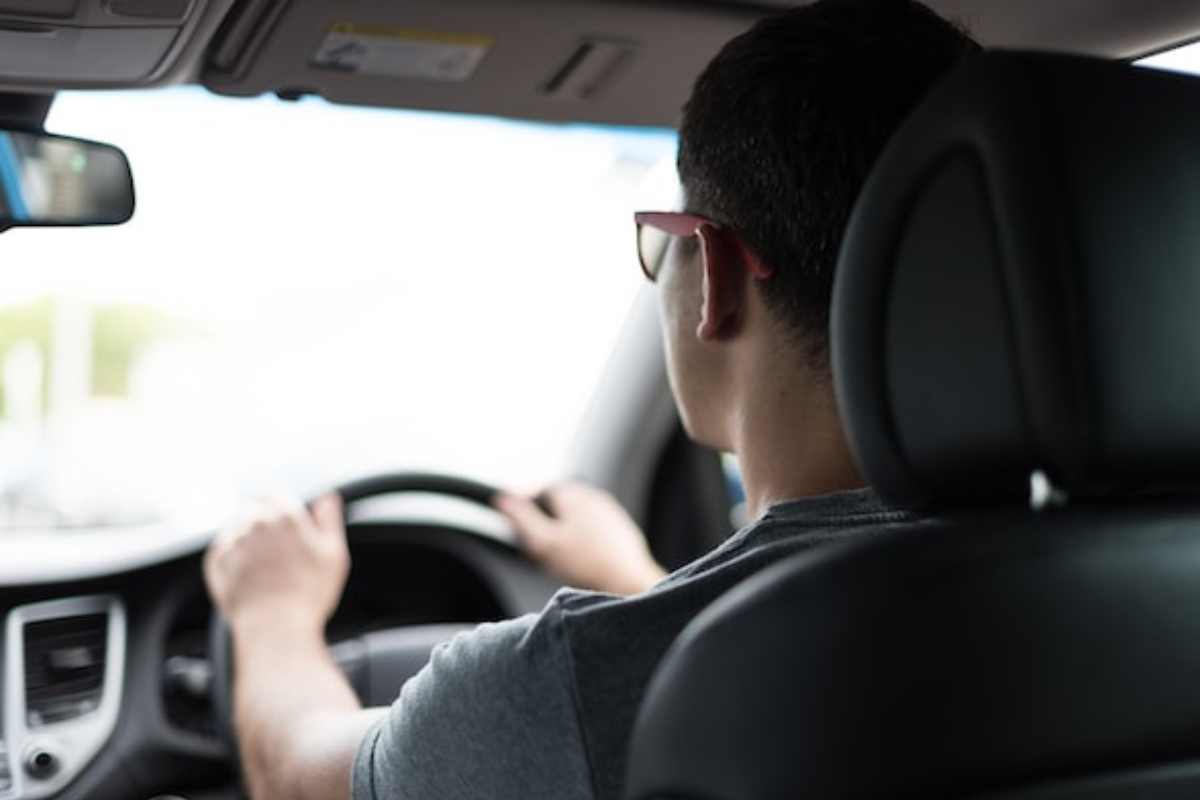
Motoring offences can result in various consequences depending on the nature of the offence. If you are facing a totting up driving ban, you may be able to plea Exceptional Hardship. At Newtons, our Exceptional Hardship solicitors are highly experienced with Exceptional Hardship defence arguments and are committed to helping you achieve the best possible outcome.
Do I need a solicitor for Exceptional Hardship?
An Exceptional Hardship defence requires compelling documentary evidence, that has been prepared efficiently and is well presented in Court. While it is always possible to represent yourself, if you are facing a disqualification from driving, it requires a level of expertise that an Exceptional Hardship solicitor would be able to provide. In order to present this plea, the defendant and anybody who the driving ban may affect would have to appear in Court. Attending court for a driving offence can be an intimidating process. However, at Newtons Solicitors we are here to offer you support and specialist legal advice.
What is Exceptional Hardship?
Exceptional Hardship is a defence argument that may be presented when a motorist faces a driving ban after accumulating 12 points on their driving licence. Referred to as totting up, the accumulation of 12 points on a driving licence within a three-year period, results in a 6-month disqualification from driving, which is imposed by the Court. On occasions when a driver has been disqualified before, the ban can increase from anywhere between 12 to 24 months.
This disqualification or driving ban can be reduced in duration or completely avoided by presenting an Exceptional Hardship plea. There is no specific legal definition of what constitutes an Exceptional Hardship circumstance – it largely depends on the situation, facts and personal circumstances of the driver.
Employing the services of an Exceptional Hardship solicitor is vital, as the case needs to be presented through evidence, to reflect the extreme level of inconvenience and suffering the driver would face, in light of this driving disqualification.
When does Exceptional Hardship apply?
Exceptional Hardship solicitors generally frame the argument around the adverse impact the driving ban will have on the driver’s work and ability to earn, and on their family or other dependents. The court will only give weight to the hardship caused to innocent individuals and not that suffered by the Defendant. Examples include:
- Not being able to drive would mean you are unable to take your elderly parents to the hospital for their regular treatment.
- The driving ban would cause your children to not be able to attend school, as their school is not close by and you are the only driver in the household.
- Your job requires you to travel to multiple locations on a regular basis for which you cannot always rely on public transport, and the loss of this job would put your family at financial risk (especially if you are the primary breadwinner).
- The disqualification of your licence would mean you cannot travel for work to deliver orders, meet clients, and ensure the smooth running of your own business. Therefore, your employees would also be put at financial risk and potentially lose their means to earn.
When does Exceptional Hardship not apply?
There are, however, instances when Exceptional Hardship cannot be argued as it simply does not apply. This is most often in cases where the offence committed carries a straight driving ban irrespective of the points added to the licence, such as drug driving offences.
It is also important to understand that an Exceptional Hardship argument is different from the Special Reasons argument. A Special Reasons argument essentially factors in the special circumstances that may have caused a driver to commit the offence, such as drunk driving due to an emergency. Alternatively, the Exceptional Hardship argument specifically takes into account the personal circumstances of the driver and the effect that the disqualification of the licence would have on their life and the lives of those dependent on them.
What happens if I am successful in pleading Exceptional Hardship?
If after assessing the facts and evidence of the case, the Court finds that you would face Exceptional Hardship due to the disqualification of your licence, the Court will endorse your licence. This means that your licence would still be valid and the Court is providing you with a last chance by avoiding the disqualification and allowing you to continue driving. However, the 12 accumulated points would remain active on your licence for a period of three years. A 6-month disqualification from driving is the only way to clear your licence of those accumulated points.
During this period of three years, if you face another disqualification as a result of totting up more points, you will not be able to rely on the same case with the same evidence again.
This does not mean you cannot plead an Exceptional Hardship defence – you may do so for a different reason if your circumstances have changed. But, as is the case with every defence, the facts and evidence of that particular circumstance will determine whether the Court finds your argument compelling and you are successful.
In summary, how often you can argue Exceptional Hardship depends on two factors:
- If you are within the three-year period after you have successfully relied on an Exceptional Argument.
- If so, the circumstances, evidence and case must be different than what has been presented previously.
Contact Our Exceptional Hardship Solicitors
A disqualification can result in serious implications for you and your family members. At Newtons Solicitors, we understand the severity of this situation and by enlisting our help, you will not only have our non-judgemental support but our expertise and commitment to present a strong case. This gives you the best chance of keeping your licence. If you would like more information on driving offences and penalties, you can get in touch with our Exceptional Hardship solicitors to discuss your case.
